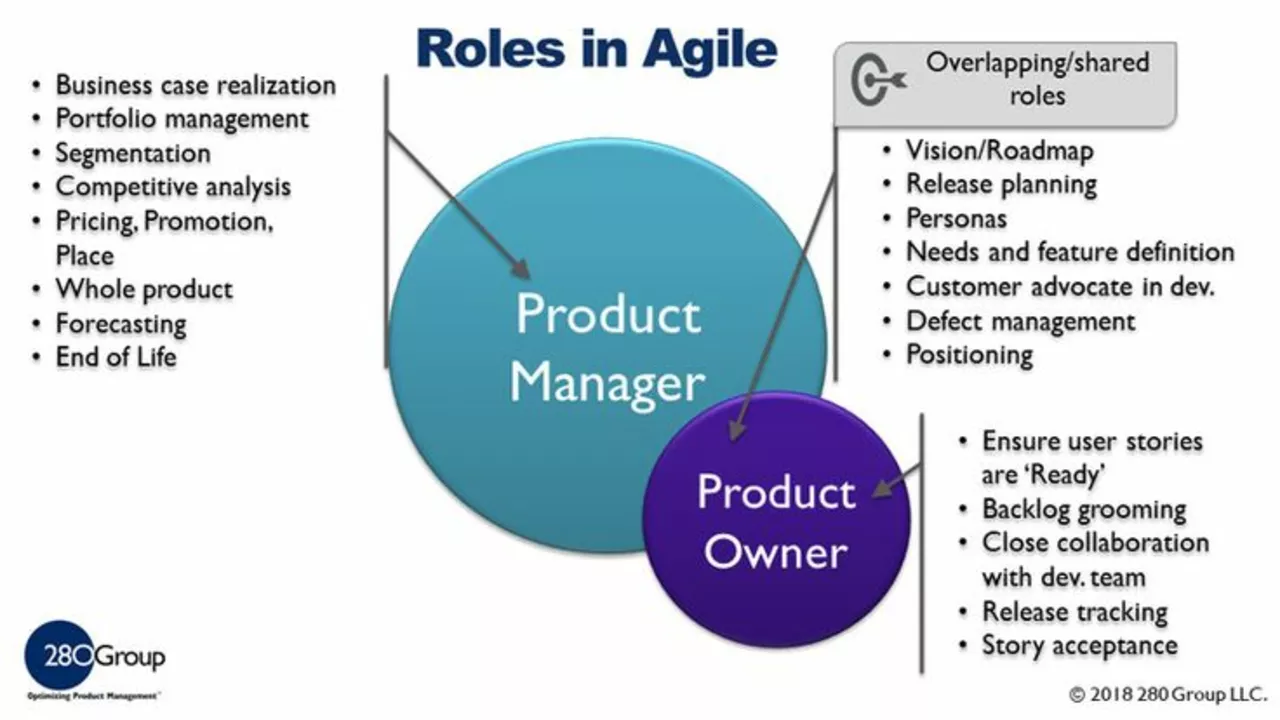Want better energy, fewer cravings, and fewer confusing supplement choices? Start with small, clear steps. Nutrition isn't about strict rules — it's about useful choices you can stick with. Below are easy actions and safety tips that work whether you're shopping at a grocery store, choosing a vitamin, or managing meds.
If you take supplements, pick brands that show third-party testing (USP, NSF, or ConsumerLab). Check the label for the exact ingredient, dose, and expiration date. Avoid multi-ingredient products with proprietary blends that hide amounts. For common choices: magnesium helps muscle cramps and sleep for some people; omega-3s support heart and brain health; vitamin D can help if levels are low. Don’t assume higher dose equals better — follow the shown dose or your provider’s advice.
Buying online? Use verified pharmacies or stores and scan reviews. Watch out for ultra-cheap “miracle” products and sites that don’t list an address or contact info. If a product promises impossible results overnight, move on.
Food and supplements can change how drugs work. For example, grapefruit juice affects drugs like some heart medicines and statins. Magnesium or calcium supplements can reduce absorption of some antibiotics and thyroid meds — space them by 2–4 hours. Vitamin K can interfere with blood thinners. If you take antidepressants, antipsychotics, or seizure meds, check interactions before adding herbal products.
Quick rule: tell your doctor or pharmacist about every supplement and herbal product you use. They can flag interactions with prescriptions like blood thinners, diabetes drugs, or heart medicines. If you can’t reach them, look up interactions on trusted medical sites, but still confirm with a clinician.
Focus your plate first. Whole foods give more benefits than pills: vegetables, fruits, lean proteins, whole grains, nuts, and legumes. For triglyceride and cholesterol control, reduce sugar and refined carbs — that often helps more than adding a supplement. For blood sugar control, pair carbs with protein or fiber to avoid spikes.
Practical tips: plan simple meals, keep healthy snacks handy, read labels for added sugars and sodium, and use a pillbox or app to track supplements. If a supplement causes stomach upset, split the dose or take with food. Stop any new product that causes rash, dizziness, or breathing trouble and seek help.
Need targeted advice? Bring a list of your meds and supplements to your next appointment. Small changes add up: better sleep, steadier energy, and fewer surprises from interactions. Nutrition doesn't have to be perfect — it just needs to be sensible and safe.

In my latest blog post, I explored the role of nutrition in managing hyperprolactinaemia, a condition where there is an excess of prolactin hormone in the blood. Through my research, I discovered that certain dietary changes, such as reducing refined sugar and processed food intake, can help maintain hormonal balance. Additionally, incorporating foods rich in Vitamin B6, zinc, and magnesium can aid in managing symptoms. I also highlighted the importance of a balanced diet and regular exercise in overall hormone regulation. Don't miss out on these valuable tips and insights to help manage hyperprolactinaemia through proper nutrition!
Many generic medications contain hidden allergens like lactose, gluten, or food dyes that can trigger reactions-even when the active ingredient is the same as the brand name. Learn how to identify risky excipients and protect yourself.
Are online pharmacies really less expensive and more convenient than your neighborhood drugstore? This in-depth article explores the real cost and time differences between RxConnected and local pharmacies, providing practical insights, data, and expert tips to help you make smarter choices about where to fill your prescriptions in 2025.
Metformin extended-release (XR) reduces gastrointestinal side effects like diarrhea and nausea compared to immediate-release (IR) in most patients. Learn how the two forms differ, what the data shows, and which one may be right for you.
This article delves into seven noteworthy alternatives to WebMD for those seeking reliable health information. Each platform offers unique features and focuses, from expert-reviewed content to user-friendly interfaces. Readers will discover the pros and cons of each option, helping them make informed choices about where to turn for trusted medical guidance.
Explore six trusted online pharmacies as alternatives to CanadaCloudPharmacy in 2024. These Canadian pharmacies offer a wide selection of prescription and over-the-counter medications, each with unique strengths such as competitive pricing, secure ordering, and vast medication ranges. Discover the pros and cons of each platform to find the best option for your healthcare needs.